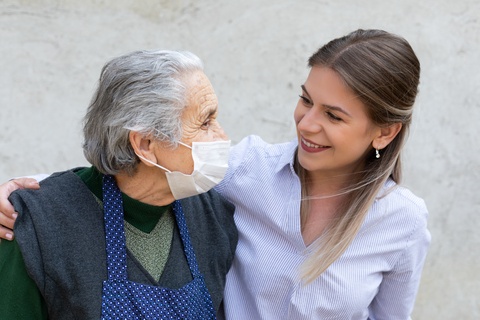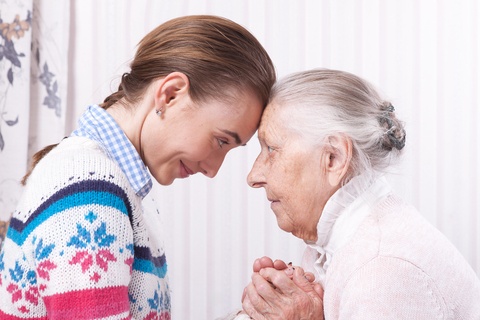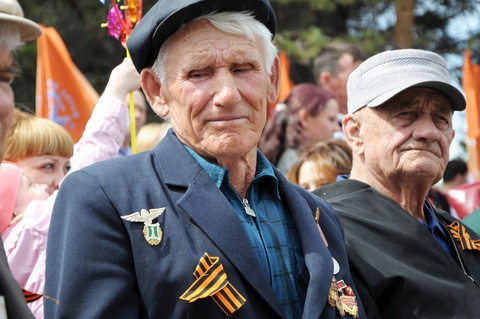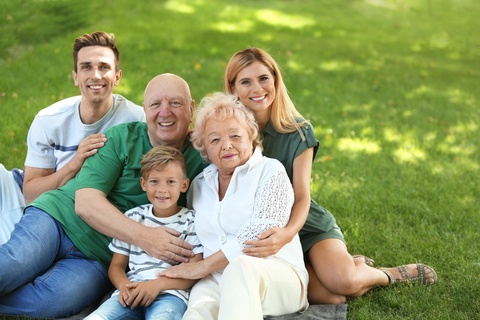Managing Mesothelioma: Vital Tips for Older Adults and Their Caregivers
Mesothelioma is a rare and aggressive cancer caused by exposure to asbestos. It most often affects the lining of the lungs (pleural mesothelioma), but it can also impact the lining of the abdomen, heart, or testicles. Older adults, especially those who worked in industries with high asbestos exposure, are at greater risk. A new article from the Australasian Journal on Ageing provides important information for elderly Americans and their caregivers on understanding and managing mesothelioma. What is Mesothelioma? Mesothelioma is a cancer that develops in the thin layer of tissue covering most internal organs. The most common type, pleural mesothelioma, affects the tissues around the lungs. The leading cause is asbestos exposure. When asbestos fibers are inhaled or swallowed, they…







